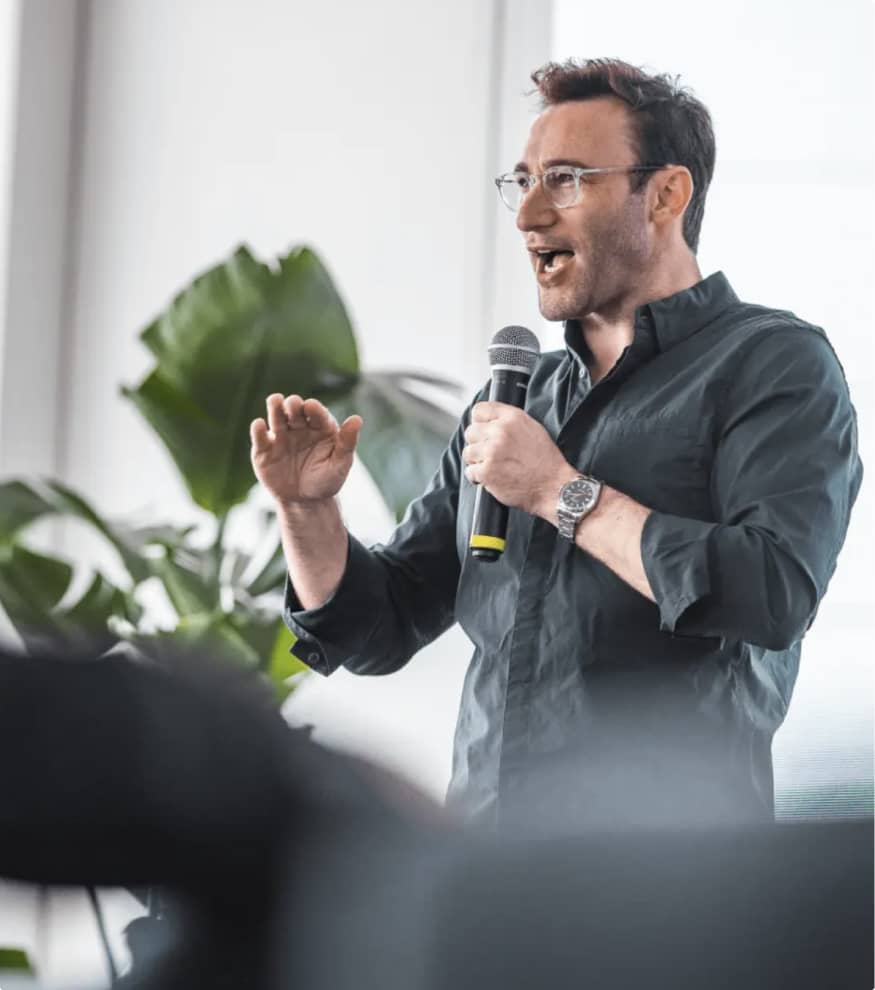The internet contains a sea of advice on leadership, and sometimes there’s so much information that it’s hard to cut through the noise. Colonel Chris Rogers, a seasoned veteran with over three decades of military and corporate experience, tells us that this sea of information is actually one of the greatest assets a leader can use. In his class in The Optimism Library, “The Five Disciplines of Leadership Development,” Chris explains that one of the ways a great leader distinguishes themselves from the rest is if they constantly take the time to educate themselves.
According to Chris, continuous learning isn’t just an activity, but a leadership mindset. “Your diversity of experience informs your utility as a leader,” he says, suggesting that a broad spectrum of knowledge enhances decision-making and problem-solving abilities.
After all, we are living in an era of rapid technological advancements and constantly shifting market dynamics. The key to great leadership is the ability to constantly adapt, to maintain relevance and effectiveness, and to guide teams through complex challenges and opportunities. Here’s how we all can implement continuous learning into our routines:
1. Diversify Our Sources and Always Be Listening:
Engage with a wide array of learning materials, from books and articles to podcasts and webinars. This exposure to various perspectives enriches your understanding and enhances your leadership toolkit.
Here’s an exercise to try: The next time you hear a piece of information that you initially disagree with, we challenge you to listen to the full argument. We know it can be frustrating, but exercise patience and try to listen neutrally. Not only will you be practicing active listening, you will also gain a better understanding of those who may have a different point of view, making it much easier to find common ground.
2. Set Learning Goals:
Like any other business objective, learning should have clear targets. Whether it’s mastering a new technology or understanding market trends, setting goals keeps you focused.
Start small with a chapter of a book per week. Listen to the relevant podcasts. Take a live online class that interests you. Or maybe a mix of different media forms is what keeps you engaged and excited to learn.
To set incremental goals, start by identifying your long-term objective and breaking it down into smaller, manageable milestones. Use the SMART criteria (Specific, Measurable, Achievable, Relevant, Time-bound) to ensure each goal is clear and actionable. Employ the WOOP method (Wish, Outcome, Obstacle, Plan) to visualize success, identify potential obstacles, and create a concrete plan to overcome them. Prioritize your goals based on urgency and importance, and develop a detailed action plan outlining the necessary tasks, timeline, resources, and metrics for each incremental goal. Utilize tools such as project management software and habit-tracking apps to organize and track your progress.
Regularly monitor your progress and adjust your plans as needed, seeking feedback and accountability from mentors or peers to stay on track. Celebrate milestones to boost motivation and reinforce positive behavior.
For example, if your long-term goal is to become a recognized expert in digital marketing within five years, an incremental goal could be obtaining a certification within the first year. This goal would involve specific tasks like enrolling in a course, dedicating study hours weekly, and passing the certification exam, all within a set timeframe. This structured approach ensures continuous improvement and steady progress toward your overarching goal.
3. Reflect and Apply:
Learning without reflection and application is fruitless. Rogers stresses the importance of reflection as a means to cement learning, “We create habits, good habits, through disciplined action.”
Embracing continuous learning is not merely an addition to a leader’s role but a fundamental aspect that distinguishes good leaders from great ones. A study by the Pew Research Center even found that 47% of those who engage in continuous learning say their extra training helped them advance within their current company.
As Chris succinctly puts it, “Leadership development is not a destination, but rather it’s a journey.” Engaging actively with this journey through continuous learning ensures that leaders not only stay ahead of the curve but also pull their teams along with them towards sustained success and innovation.
For more, check out The Optimism Library.











